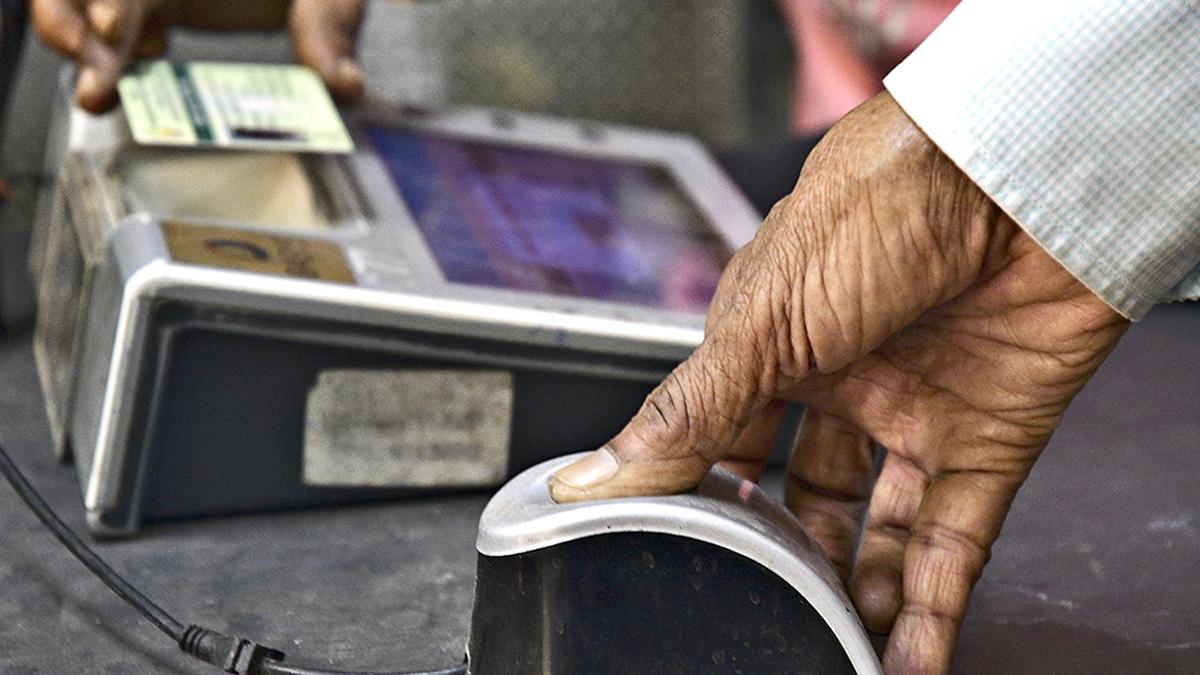Description

Copyright infringement not intended
Context: The Indian government has launched a settlement scheme called 'Vivad se Vishwas II - (Contractual Disputes)' for resolving contractual disputes with vendors or suppliers to the government and its undertakings. The Finance Minister announced the scheme during Union Budget 2023-24.
Details
- The scheme aims to settle contractual disputes involving the government and its undertakings where an arbitral award is under challenge in a court. It offers a voluntary settlement process with standardized terms and provides graded settlement terms based on the level of pendency of the disputes.
- To be eligible for consideration under the settlement scheme, the aggrieved party should have secured an arbitral award by January 31, 2023, and the cut-off date for court orders is April 30.
- The scheme applies to all domestic contractual disputes where one of the parties is either the Government of India or an organization under its control.
- The scheme aims to expedite the resolution of contractual disputes and promote a smoother business environment for vendors and suppliers dealing with the government and its undertakings. The deadline for firms to submit their claims for consideration is October 31.

Contractual disputes
About
- Contractual disputes are disputes between the parties to any contract regarding any clause of the contract. They may arise due to various reasons, such as breach of contract, non-performance, delay, force majeure, frustration of contract, etc. They can have a significant impact on the economy, as they affect the business environment, investor confidence, trade relations and public welfare.
- In India, contractual disputes involving the government and its undertakings are often resolved through arbitration, which is a form of alternative dispute resolution (ADR) that allows parties to appoint an impartial third party (arbitrator) to decide their case.
- According to a report by NITI Aayog in 2016, about 3.14 lakh cases were pending in various courts related to public contracts worth Rs 9.38 lakh crore. These cases accounted for about 46% of all pending cases in courts and about 5% of India's GDP. The report also estimated that resolving these cases could potentially unlock Rs 5.83 lakh crore worth of investments.
Impact
- Legal Costs: Resolving contractual disputes often involves legal proceedings, leading to substantial legal costs for the parties. These costs can include fees for lawyers, arbitrators, mediators, experts, and courts.
- Delay in Project Completion: Disputes can cause delays in project completion, affecting timelines, and potentially leading to cost overruns. Delays can also impact the quality and performance of the project deliverables, as well as the satisfaction of the end-users and stakeholders.
- Financial Loss: Contractual disputes can result in financial losses for one or more parties, especially if payments are withheld or if penalties and damages are awarded. Financial losses can affect the cash flow and profitability of the parties, as well as their ability to meet their obligations to other parties.
- Damage to Reputation: Disputes can harm the reputation of the parties involved, affecting their ability to secure future contracts and business opportunities. A damaged reputation can also reduce the trust and confidence of existing and potential clients, partners, suppliers, and investors.
- Strained Relationships: Contractual disputes can strain the relationships between parties, making it challenging to collaborate effectively in the future. Strained relationships can also create a hostile and stressful work environment, affecting the morale and productivity of the parties.
Steps Taken by the Government
- Enacting the Commercial Courts Act 2015, which established specialized courts and divisions for adjudicating commercial disputes of a specified value (above Rs. 3 lakhs) and introduced various reforms to expedite the process and reduce the pendency of cases.
- Amending the Arbitration and Conciliation Act 1996, the main legislation governing arbitration in India, to make it more user-friendly, time-bound and cost-effective. The amendments introduced various provisions to encourage institutional arbitration, ensure the impartiality and independence of arbitrators, limit the scope of judicial intervention, streamline the enforcement of awards and provide for mediation as an alternative dispute resolution method.
- Launching the Vivad se Vishwas II scheme in 2023, this is a one-time settlement scheme for contractual disputes involving the Government of India or its undertakings. The scheme offers a waiver of interest and penalty for cases involving court awards and reduced payment for cases involving arbitral awards. The scheme aims to reduce litigation and unlock funds stuck in disputes.
Challenges
- Lack of awareness and trust among the parties about alternative dispute resolution methods, such as arbitration and mediation, which can offer faster and cheaper solutions than litigation.
- Lack of adequate infrastructure and resources for the commercial courts and arbitration institutions, which affects their functioning and efficiency.
- Lack of uniformity and consistency in the interpretation and application of the laws and precedents relating to contractual disputes by different courts and tribunals.
- Lack of clarity and certainty in some aspects of the laws and regulations governing contractual disputes, such as force majeure, frustration of contract, public policy, etc., creates ambiguity and confusion among the parties.
- Lack of enforcement of some awards and judgments due to various legal and practical difficulties, such as challenges before higher courts, lack of cooperation from authorities, etc.
Therefore, there is a need for further reforms and initiatives to overcome these challenges and enhance the dispute resolution mechanism for contractual disputes in India.
Way Forward
- Creating more awareness and confidence among the parties about the benefits and advantages of alternative dispute resolution methods through campaigns, workshops, seminars, etc.
- Providing more financial and technical support to the commercial courts and arbitration institutions to improve their infrastructure and capacity.
- Developing a uniform code or guidelines for contractual disputes to ensure coherence and harmony in the legal framework.
- Simplifying and streamlining the procedures and formalities for enforcing awards and judgments to ensure their timely execution.
- Encouraging dialogue and negotiation among the parties to resolve their disputes amicably and avoid litigation.
By adopting these measures, India can hope to achieve a robust and efficient dispute resolution mechanism for contractual disputes that can foster a conducive business climate, attract more investments, promote trade relations and enhance public welfare.

Conclusion
- Efficient and effective resolution of contractual disputes is essential for promoting business confidence and economic growth in India. By fostering a conducive legal environment, promoting alternative dispute resolution mechanisms, and investing in technology, India can significantly improve the resolution of contractual disputes and facilitate smoother business interactions.
Must-Read Articles:
VIVAD SE VISHWAS SCHEME: https://www.iasgyan.in/daily-current-affairs/vivad-se-vishwas-scheme
|
PRACTICE QUESTION
Q. Why is it crucial to resolve contractual disputes in business agreements, and what are the reasons behind their occurrence? Additionally, what are the potential impacts of unresolved disputes on the parties involved, and what challenges might arise in the resolution process? What strategies can be adopted to pave the way forward and effectively address contractual disputes?
|
https://epaper.thehindu.com/ccidist-ws/th/th_delhi/issues/46190/OPS/GQEBIM676.1.png?cropFromPage=true
Array
(
[0] => daily-current-affairs/contractual-dispute-settlement-scheme
[1] => daily-current-affairs
[2] => contractual-dispute-settlement-scheme
)








